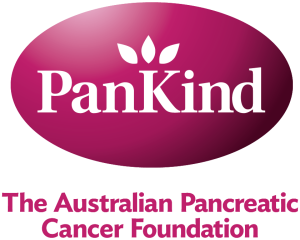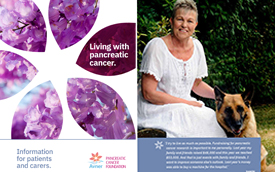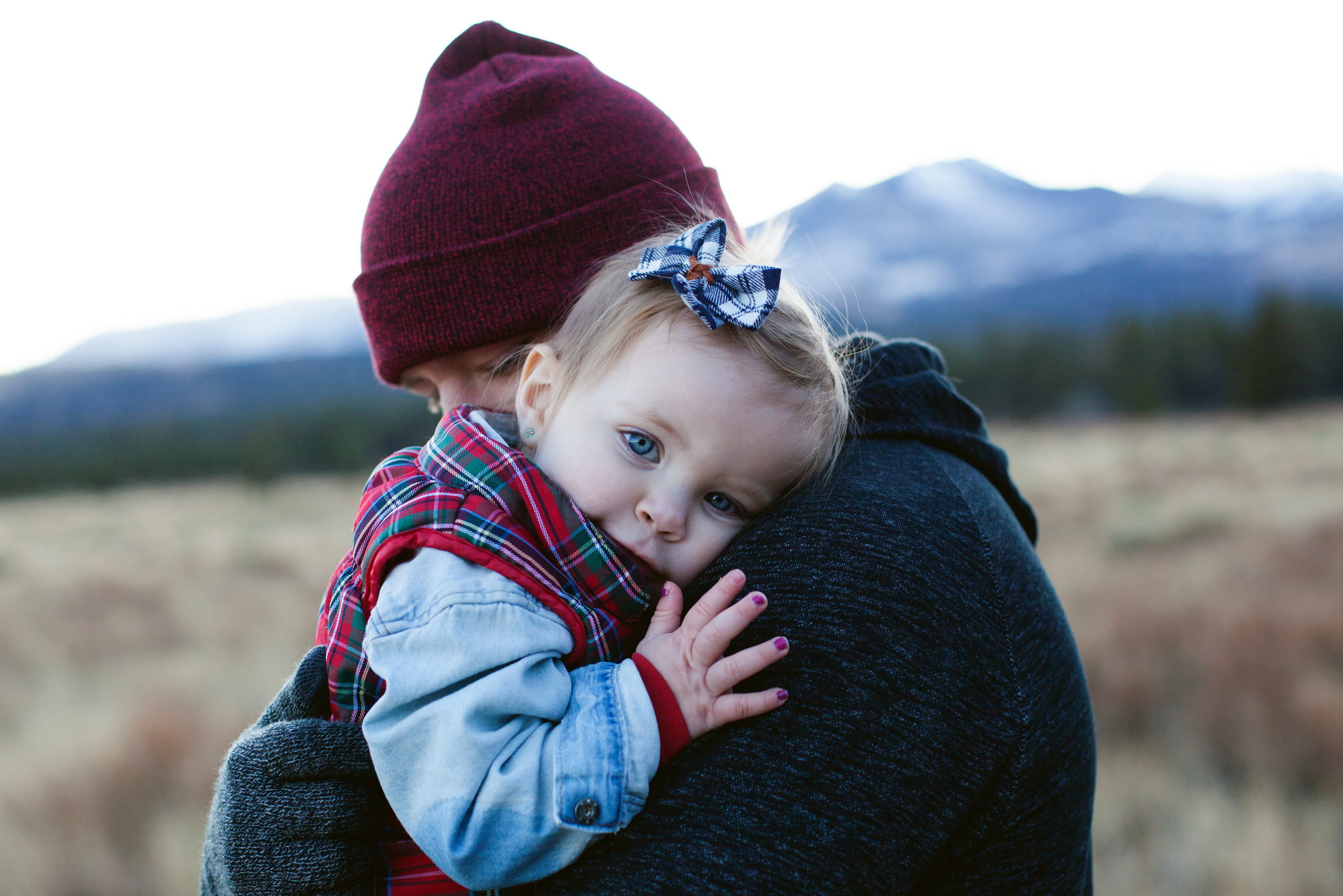Finding Support

If you need help finding information and support please reach out to PanKind's Support Navigator on (02) 7207 6970 or email support@pankind.org.au.
Finding Support Services Webinar
This webinar is intended to help people with pancreatic cancer and their families find and access practical, financial and emotional support services.
This webinar features presentations from Chelsey Upston, Cancer Council and Jo Marx, it's about us.
Chelsey Upston, Clinical Nurse Specialist at Cancer Council will discuss the role of the 13 11 20 cancer nurses as a resource to access cancer-related advice, programs and support services. She will give a brief overview of Cancer Council’s emotional and practical support programs and how people affected by cancer can access them.
It’s about us is a not for profit charity that provides a free digital support tool for anyone affected by cancer. This unique template-based book enables one to document memories, feelings, emotions and important messages in a beautiful, personalised way. Jo Marx, (Co-Founder) will be discussing the cathartic benefits of writing as therapy and sharing how the free digital book can be accessed as well as how the accompanying workshops are run.
Emotional support
You can raise any emotional concerns you have with your oncologist, nurse, surgeon or someone else in your care team. They have likely heard many patients express similar concerns and will be able to suggest local support services to you.
Many people find talking to others who have experienced a similar situation very helpful. Some people also feel that in support group settings they can speak more openly about their experience and feelings.
There are several ways you can connect with others to share support and information. More information about professional, telephone and in-person support groups and services can be found here.
For ongoing face-to-face support with your emotional concerns, speak to your GP who can provide a referral to a psychologist and determine if you are eligible for Medicare rebates.
Alternatively, to find a psychologist in your area, you can use the ‘Find a Psychologist’ tool on the Australian Psychologist Association website. You can tailor the search to find a psychologist with experience working with people who have cancer and their families.
Visit our Useful links page for additional services that may help.
Practical and financial support
Cancer can affect all parts of your life, including your work, finances and insurance policies. When you are unwell, having to deal with these issues can add extra stress to your life. But there is a lot of support available to help you and your loved ones manage finances, work and other practical issues during this difficult time.
Travel and accommodation
Travelling to and from hospital for cancer treatment can be exhausting, especially if you live far from your treatment hospital. You and your carer may need accommodation nearer to the hospital to avoid too much travel during treatment times. Travel, parking and accommodation costs can become expensive.
There are several organisations that provide some financial support to cover these costs for people with cancer who need to travel a long way to their treatment. Some hospitals have reduced parking rates for patients and their family members. Talk to your social worker or specialist nurses to find out more.
You can visit Healthdirect to find out more about specific schemes to help with travel and accommodation costs when having to travel long distances for treatment or call Cancer Council on 13 11 20.
Finances (insurance, loans and superannuation)
Having cancer can put a lot of financial pressure on you and your partner/family. If you are not able to work or not work as much, you may need to find another source of income to help cover your usual bills, medical bills and overall lifestyle needs. There are several options available to people with cancer to help them with paying bills and reducing costs. There are also certain Centrelink benefits you and the main person caring for you may be entitled to.
Cancer Council also have a Pro Bono Program that can assist you with legal issues, financial planning, small business accounting and workplace advice.
Visit our Useful links page for links to additional financial resources.
Caring for someone with pancreatic cancer
A carer is anyone, whether family or friend, who is helping to look after someone with cancer. Although caring for someone with pancreatic cancer is often rewarding, it can also be tiring and stressful, especially when it is someone you care about a lot.
As a carer you are likely to go through many emotions, which are similar to the emotions the person you are caring for may often feel, such as fear, anxiety, guilt, anger, frustration and shock.
It is tempting to ignore your own emotions and needs when you are caring for someone with cancer. However, it is important you try to care for yourself during this time. You will be able to care for the person much better if you are rested and cared for as well.
‘There is such a range of ways people cope caring for someone in this situation. The carer and patient are more aligned than people realise. If the carer doesn’t do the best job, then the patient doesn’t get the best result. And the first time around with my first wife, I didn’t care for myself – I was much younger and had two young daughters. But with my second wife I was more selfish, and I focused on Frances and was not a support person for other family members, which worked better for me.’ ~ carer
Cancer support groups are usually open to carers as well as patients with cancer. A support group often provides a place to feel safe to talk about your feelings with others going through similar experiences. There are also a range of other support services that can help take some of the pressure off carers, for example, meals on wheels and district and palliative care home nursing services.
Things that may help
- Make time for yourself to get out of the house and share your feelings with someone you trust.
- Be active each day if possible, even if only for a short walk outside.
- Eat a healthy, well-balanced diet and drink plenty of water.
- Rest when you can.
- Accept help from others where possible, and don’t feel guilty if you can’t do everything. Listen, but don’t feel you always have to fix things.
- See your GP if you are feeling anxious, sad or low in mood all the time or have any other health concerns. Don’t put off seeing a doctor if you have symptoms that won’t go away.
- Accept your role as carer is difficult at times and there will be days you won’t feel as positive or able to support the person you are caring for as well as usual. You may even feel resentful at times. It is very normal to have these feelings and doesn’t mean you don’t love or want to care for the person.
- Nominate a close friend or family member to be the person who communicates to others about the person with cancer. Using group emails, texts or a daily blog can be useful tools to update everyone on the person’s health, treatment and support needs.
‘Being a carer for someone you love provides an environment where you are forced to examine your beliefs, emotions, and what underpins your relationship. I was lucky to have had 25 years with a person who was loyal, caring, loving, and who demonstrated courage, strength, and beauty in the most trying of circumstances.’ ~ carer
Carer support
There is a lot of support available to people caring for someone with cancer. Some carers find joining a support group comforting and a great source of information.
You may be eligible for a Carer Payment or Carer Allowance, which are funded through the government. Both these payments can provide carers with income support if you are not able to work or you are working but still caring for someone. Contact Centrelink on 13 2717 or by following the links above to find out more about the Carer Payment and Carer Allowance.
The following websites may also be useful:
- Carer Advisory and Counselling Service (1800 242 636) provides carers with referral services and practical written information to support them when caring for those close to them.
- Carers Australia works with carers’ associations throughout Australia to help improve the lives of carers.
- The Cancer Council has a useful booklet ‘Caring for someone with cancer’ (a hard copy booklet can be requested from Cancer Council).
- Carer Gateway is an Australian Government initiative which has been established to help carers (all diseases). If you care for a family member or friend, then Carer Gateway could help you. Carer Gateway:
- provides practical information and advice
- helps you to get the services and support you need
- provides free counselling services over the phone
- provides free coaching to help you in your role
- let’s you connect with other carers through a community forum
- Young Carers Network is a place for young carers to learn about support services, access resources and share their stories and opinions. It is a Carers Australia initiative.
Always consult your doctor or health professional about any health-related matters. PanKind does not provide medical or personal advice and is intended for general informational purposes only. Read our full Terms of Use.
Thank you to the clinicians, researchers, patients, and carers who have helped us create and review our website information and support resources, we could not have done it without you.









